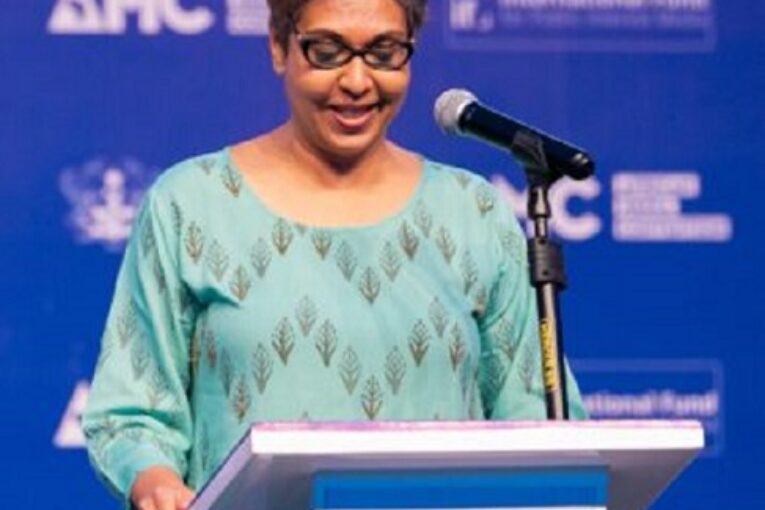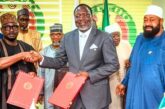
The African Union (AU) and the United Nations Education, Science and Cultural Organisation (UNESCO) have expressed concerns over the alarming number of out-of-school children in Africa.
At least 100 million children on the continent are on the verge of losing what renowned civil rights activist Malcolm X called their “passport to the future”—education.
The urgent need to reverse this ugly trend through collective actions at different levels informs the choice of ‘Educate an African Fit for the 21st Century’ as the AU theme of the year 2024.
The role of the media is central to the roadmap. And this was the highlight of a side event on the theme of the year at the 3rd African Media Convention held in Accra, Ghana, between May 15 and 17, 2024.
“We anticipate very important contributions from the media in the implementation of the theme. We also need an educated, well-trained, competent, and efficient media fit for the 21st century to be able to contribute to the promotion of education on the continent,” said Adiatou Fatty, communications lead of the Education, Science, Technology and Innovation (ESTI) unit at the AU Commission.
He lamented that gains made in education on the continent had been eroded over the past few years, especially during the COVID-19 pandemic, with Africa lagging behind in meeting the education target of the sustainable development goals.
“About 100 million children in Africa who are of school age are not going to school. 86% of children who are 10 cannot read and comprehend simple texts. This is quite appalling compared to other parts of the world. This situation calls for urgent actions from African education stakeholders to come together to strategise and bring education to the fore.
“Basically, the theme of the year is a call to action to address the alarming state of education on the continent. It is a clarion call to revitalise the education system on the continent while extending attention to particular demographic groups such as children in rural areas, people living with disabilities, and people in fragile situations,” Fatty said.
The theme also speaks to challenges in education financing, advocating for adequate funding of better education facilities and architecture within the continent. Critical actors in the implementation of the theme include the AU Commission, AU member states, regional economic communities, education system stakeholders, development partners, the media, the private sector, and Africans in the Diaspora, Fatty disclosed.
“The AU formulated the digital education strategy for Africa. It is a framework to accelerate the adoption of digital technologies in education. The strategy envisions a continent where citizens have the digital competencies needed to thrive in the digital age.
“We have an AU virtual university. The idea is to leverage digital technologies to bring education to the doorsteps of students and professionals all over the continent. Digital literacy and skills are expected to be the core competencies of each media professional. Without that, we do not see how the media can contribute effectively to the digital economy we seek.
“The roadmap for the implementation of the theme of the year focuses on reforming the teaching profession and sustainable investment and financing of education, especially STEM (Science, Technology, Engineering and Mathematics) education. It also focuses on technical and vocational education, innovative and sustainable digital learning, home-grown school feeding, improving education management, among others,” he said.




